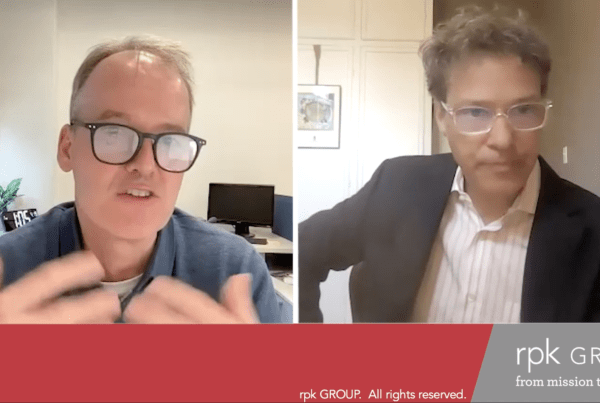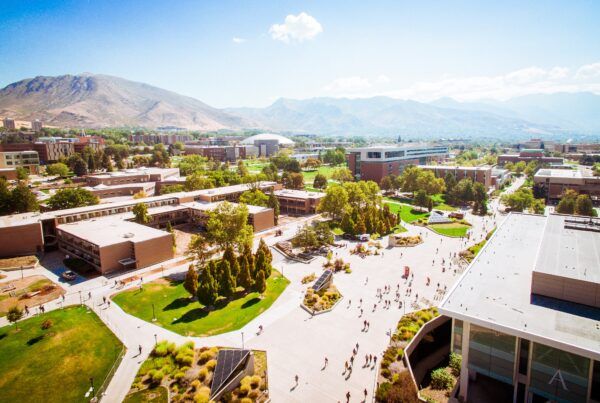This post first appeared on LinkedIn.
Over the past few months, I’ve consistently heard people say, “I can’t wait to put 2020 behind me.” It’s been a tough year, true. And for many, a tragic year.
But are we well served by trying to forget the challenges we’ve all faced?
For myself, I’ve marveled at the resilience I’ve seen this past year. Faculty shifting with lightning speed to remote learning. Higher education leaders pointing toward a new shared future vision and achieving needed change. And students continuing to find a way to learn.
Here are some of the big things we’ve learned at rpk this year:
- Virtual Works – rpk has been a virtual firm since its founding in 2010. So the pivot to remote work wasn’t a heavy lift for us. What’s been pleasantly surprising has been our ability to form relationships and create engagement in a virtual environment. I’ve seen our project teams work remotely with groups of up to 70 at a time and with entire higher education systems, designing new ways to promote knowledge transfer and shift institutions toward action. While I look forward to the day when we can return to campuses, the capacity we’ve built to engage around the critical issues higher ed is facing will serve us and the institutions we partner with for years to come.
- Needed Resources are Available – Institutions have typically attempted to solve business model issues on the revenue side of the equation; that is, by obtaining more revenue through higher tuition rates, more state and local funding, or private giving. And 2020 saw many employing that playbook once again, with calls for industry wide bailouts. Our experience is that most institutions actually have the resources they need—they’re just in the wrong places. By using a return on investment (ROI) lens, our institutional partners were able to reallocate resources toward growth, net revenue, and student success. That approach kept them from hunkering down, and enabled reinvestment to position them for even greater success post-pandemic.
- It’s Not Just About Mergers – Higher education has long heard heralds of coming disaster and disruption. In 2020, many claimed that significant numbers of institutional closures would happen—and then it didn’t. While closures are likely to be seen heading into fall 2021, we felt the focus on mergers was too limiting. Institutions can select from a wide range of strategic partnerships: from academic and administrative services consortiums, all the way to more formal merger agreements. In 2020, we helped institutions explore their options, improve their current business model, and consider what a good partnership might look like.
- Change at Scale – Throughout this year, we worked with the foundation community and across entire systems to support capacity building around strategic finance. We found this could be done successfully at scale by leveraging cohort models, which took large groups of institutions through a process of exposure, ROI analysis, metrics development and change management approaches. The end result? These institutions are now prepared to make the tough choices around creating sustainable business models, as well as the development of new networks in which to share best practices.
While hopes for 2021 remain high, the challenges facing higher education won’t be solved by a vaccine, or in the space of a few months. We’ll all be called to continue the hard work of transforming this industry into something truly accessible, affordable and delivering on attainment.
For now, take a moment (or three) to think back, and celebrate all you’ve accomplished in the past year. And remember that you are living through a moment of history in higher education.
This is why you were called to serve. I know that, together, we’re up to the challenges ahead.
Be well.


